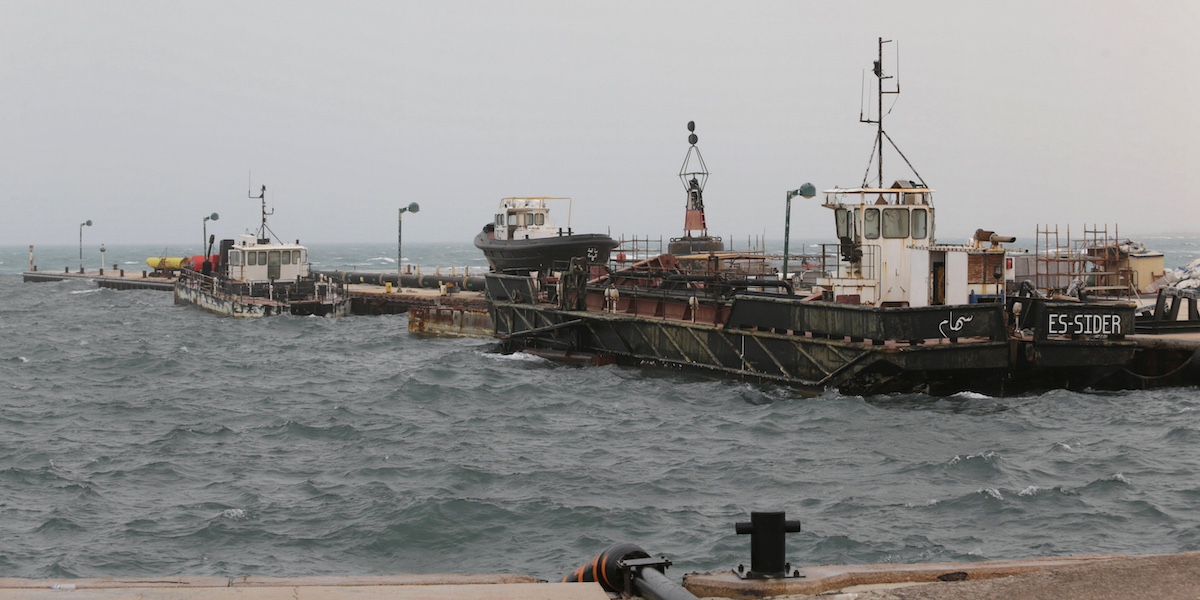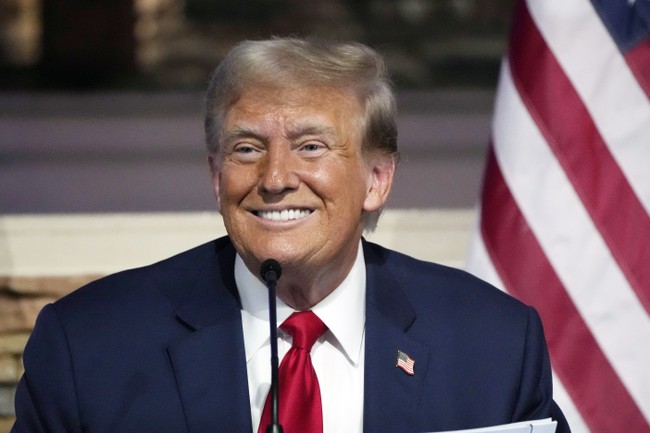Libya's Oil Crisis: A Nation on the Brink
Recent events in Libya have intensified political and economic instability with the Eastern government halting oil production, triggering international concerns.
Published September 01, 2024 - 00:09am

Image recovered from ilpost.it
The government of Eastern Libya, led by General Khalifa Haftar, announced that it will cease the extraction and exportation of oil in territories it controls, escalating a dispute with the internationally recognized Tripoli government. The discord centers around the leadership of the Libyan central bank, a critical institution that manages foreign money flows and oil revenue distribution.
Libya, an African country heavily dependent on oil, faces a crisis as Eastern authorities halted oil production causing a 3% surge in oil prices before stabilizing. Despite being a significant oil producer with July figures reaching approximately 1.2 million barrels per day, Libya isn't influential enough to cause prolonged impacts on the global market. However, the internal repercussions are profound as the nation's economy relies almost entirely on oil revenue.
The oil-rich Sirte Basin and its major ports like Sidra are predominantly under Eastern control. The Tripoli government's attempt to replace Central Bank Governor Sadiq Al-Kabir, who has grown closer to Haftar's administration, is seen as a pivotal move. This replacement effort has led to the Eastern government's drastic decision to shun oil production, creating deep financial strains.
The United Nations Support Mission in Libya (UNSMIL) has convened an urgent meeting, emphasizing the need to maintain the independence of the Central Bank and imploring factions to desist from using oil revenues for political leverage. UNSMIL warned that ongoing unilateral actions could precipitate economic and financial collapse, imploring the immediate lifting of the force majeure on oil fields.
Beyond internal strife, geopolitical influences exacerbate Libya's turmoil. Forces from Russia supporting Haftar are contributing to further instability. The Financial Times reported that Central Bank Governor Sadiq Al-Kabir and staff were forced to flee due to militia threats. Al-Kabir decried interim Prime Minister Abdul Hamid Dbeibah's attempts to replace him as unlawful, claiming such actions violate UN accords.
Tensions escalated as Haftar's forces advanced westward, potentially breaching the fragile ceasefire agreed upon in 2020. The Tobruk parliament's recent denouncement of Dbeibah's administration exacerbates the situation, casting doubt on Libya's political reconciliation prospects.
Meanwhile, the EU missions expressed deep concern over Libya's deteriorating state, highlighting the Central Bank staff's security risks and the closure of oil fields as factors deepening the crisis. EU and UN entities underscore the need for a cessation of hostilities and protection of essential services.
International actors, namely Russia and Turkiye, continue playing influential roles, adding layers of complexity to Libya's internal conflicts. Russia's strategic interests in the Libyan ports as gateways to Africa and control over oil resources manifest through their alliance with Haftar, implicating broader geopolitical dynamics.
Italy faces its diplomatic challenges with Libya, balancing its support for the UN-recognized Tripoli government with the practicality of engaging Haftar's forces. Italian Premier Giorgia Meloni's recent visits to Libya underscore efforts to stabilize relations, particularly in resolving issues related to oil supply and migrant routes.
Washington has voiced discontent over Italy's maneuvering, particularly the interception of Chinese drone shipments destined for Tobruk, reflecting broader international vested interests and strategic moves impacting Libya's political landscape.
Libya teeters on the brink of renewed civil conflict, with economic and political stability hanging in the balance. The international community remains vigilant, advocating for dialogue and unity to steer the nation away from impending turmoil.







